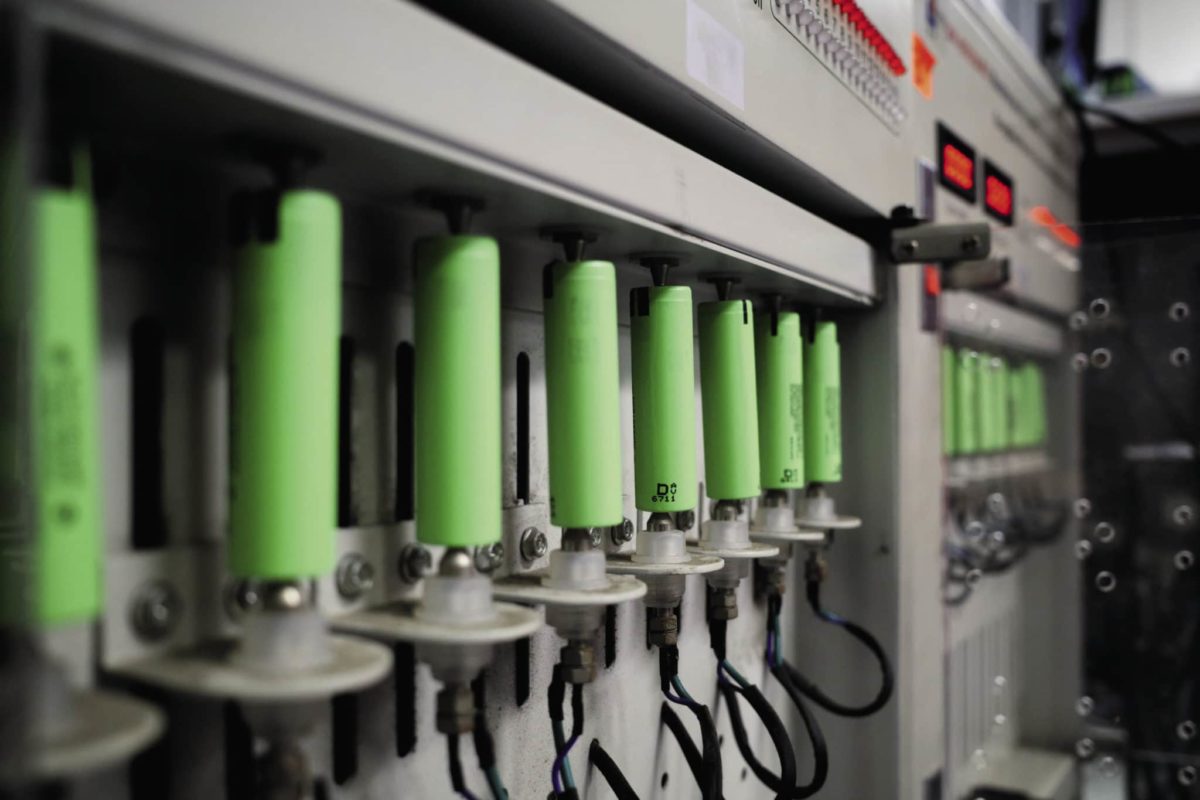US-based ACE Green Recycling is setting up lead-acid and lithium-ion battery recycling parks in India, Thailand, and the United States. The plants are expected to be complete by 2024. Once operational, ACE estimates these recycling parks will cumulatively produce 1.6 million tons of recycled metals containing lead, lithium, nickel, and cobalt.
ACE’s first commercial lithium battery recycling facility is set to start up this month in Ghaziabad, India, where it will recycle various battery chemistries such as lithium nickel manganese cobalt oxide (NCM), lithium cobalt oxide (LCO) and lithium iron phosphate (LFP) to extract valuable battery materials.
A second Indian facility in Mundra is expected to come online in Q4 2023 at the same time as ACE’s flagship plant in Texas, USA will begin operations.
The company will be deploying its proprietary hydrometallurgical recycling process that combines an emissions-free, low-temperature process with recovery rates of over 98%. It can reclaim valuable metals like copper and aluminum, while also being able to handle a wide variety of the world’s most utilized lithium-ion battery chemistries. The process also produces zero toxic solid waste or effluent. Materials recovered also include a variety of sulfates and carbonates of cobalt, manganese, and nickel.
ACE has signed a 15-year offtake agreement with Glencore, one of the world’s largest natural resources companies, for the recycled lead as well as key battery metal-based end products from recycled lithium-ion batteries. The agreement allows Glencore to purchase up to 100% of ACE’s products from its planned battery recycling parks being built in the United States, India, and Thailand.
Once operating at a commercial scale, ACE’s recycling facilities forming part of the agreement with Glencore are estimated to have a total annual processing capacity of 250,000 tons of lead-acid batteries and 47,000 tons of lithium-ion batteries.
This content is protected by copyright and may not be reused. If you want to cooperate with us and would like to reuse some of our content, please contact: editors@pv-magazine.com.









3 comments
By submitting this form you agree to pv magazine using your data for the purposes of publishing your comment.
Your personal data will only be disclosed or otherwise transmitted to third parties for the purposes of spam filtering or if this is necessary for technical maintenance of the website. Any other transfer to third parties will not take place unless this is justified on the basis of applicable data protection regulations or if pv magazine is legally obliged to do so.
You may revoke this consent at any time with effect for the future, in which case your personal data will be deleted immediately. Otherwise, your data will be deleted if pv magazine has processed your request or the purpose of data storage is fulfilled.
Further information on data privacy can be found in our Data Protection Policy.